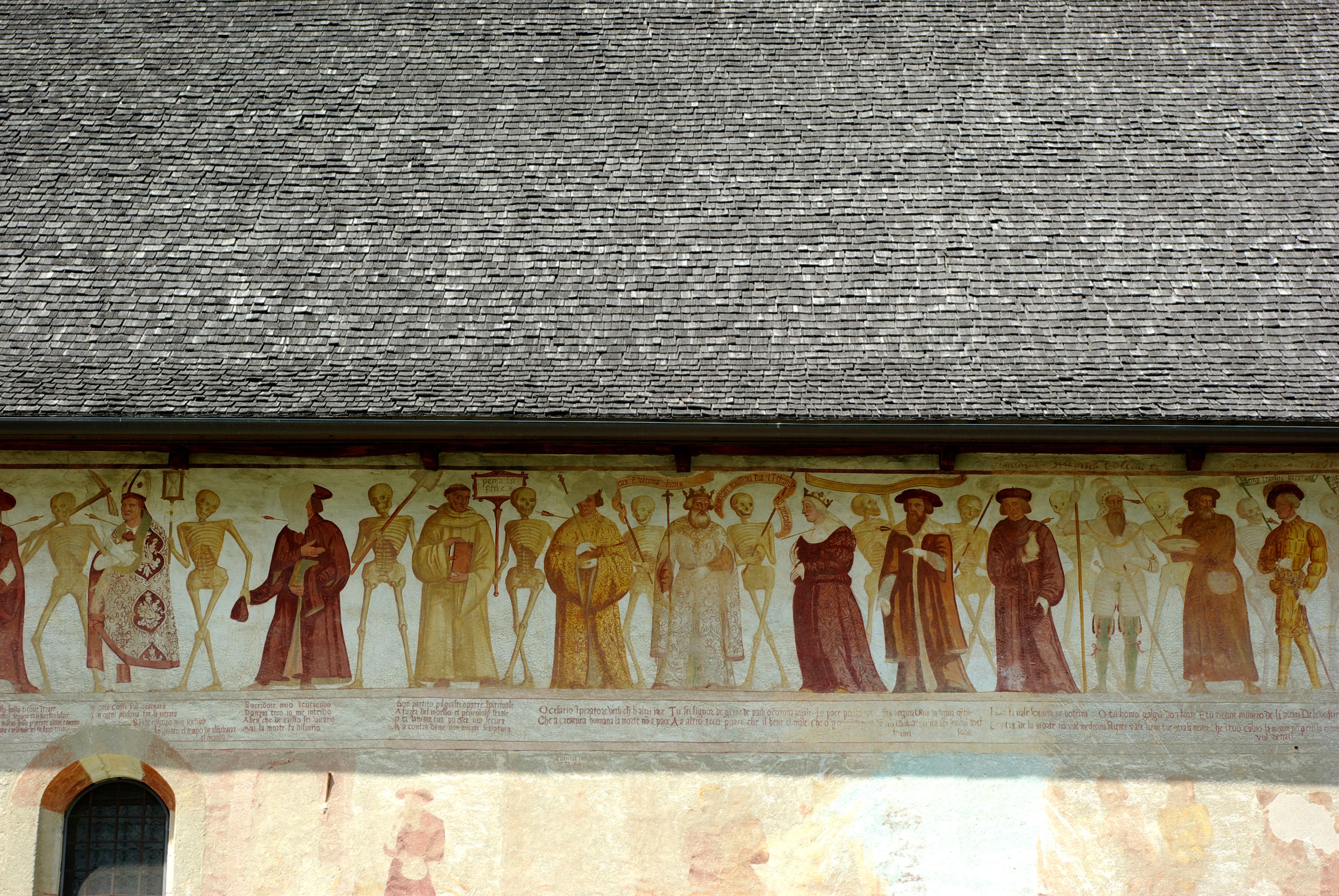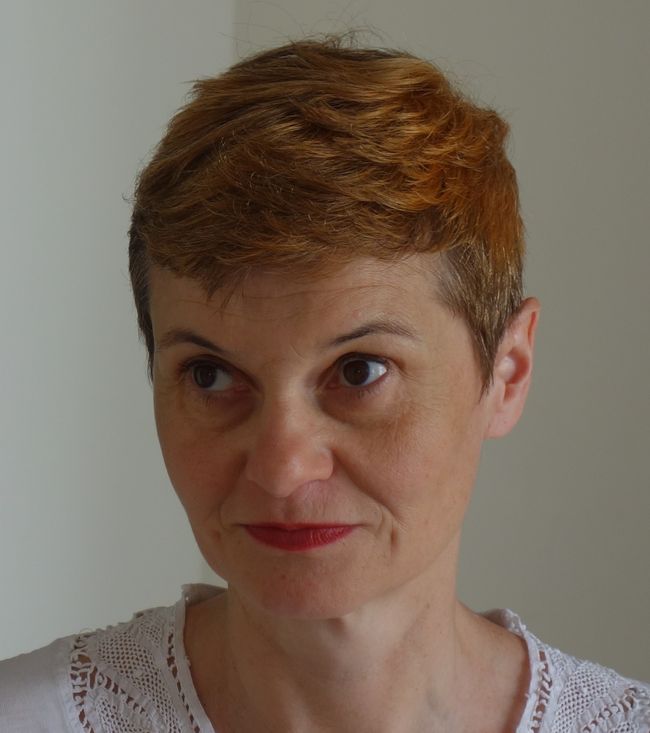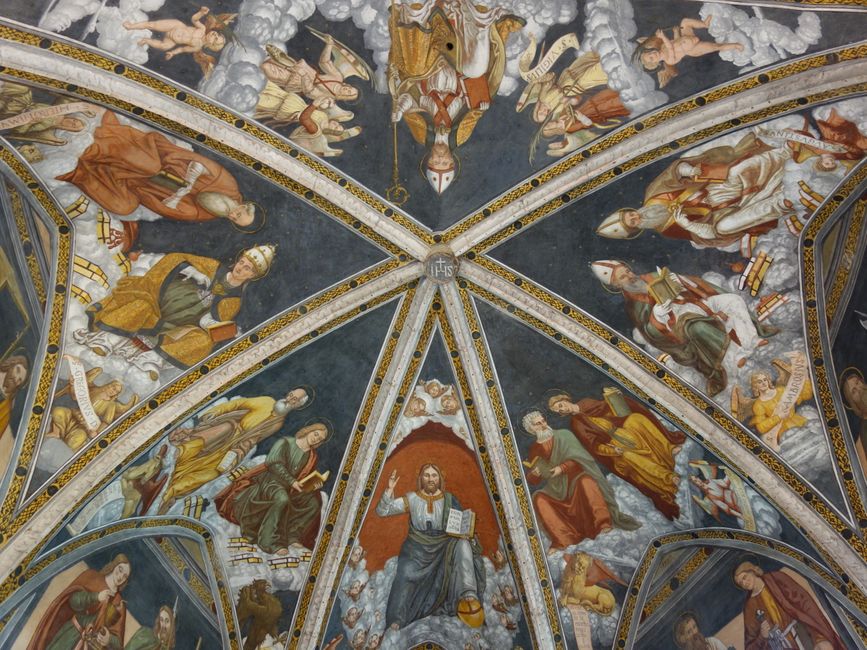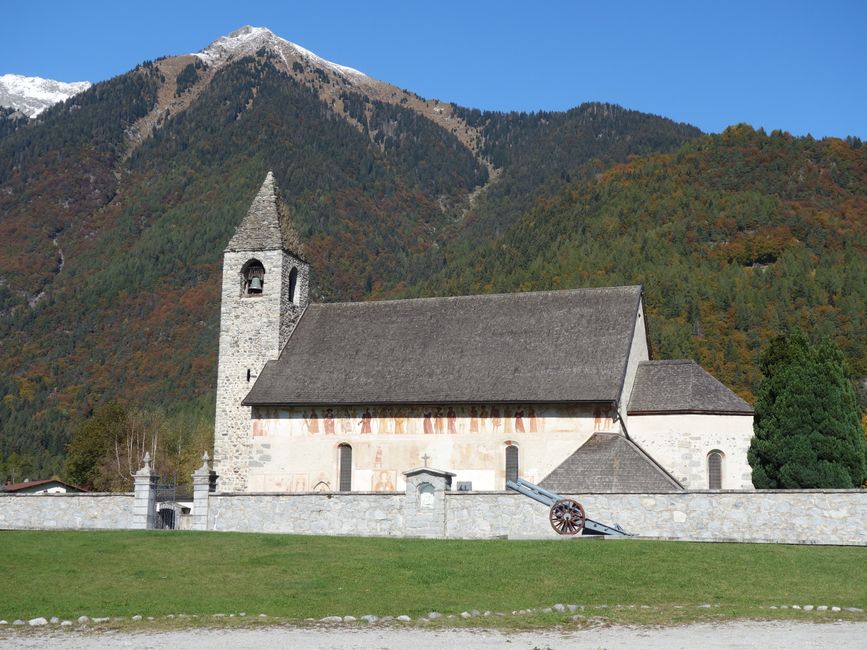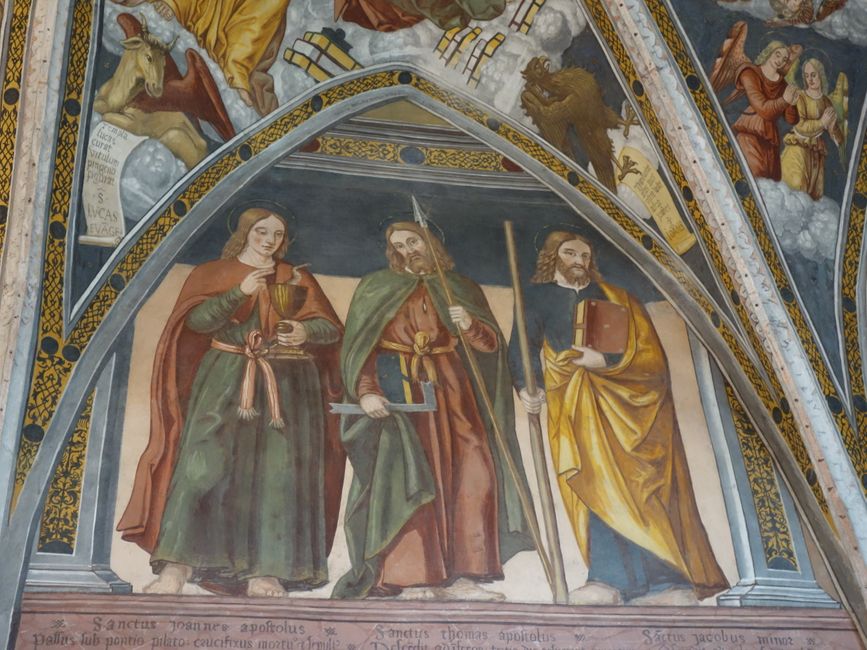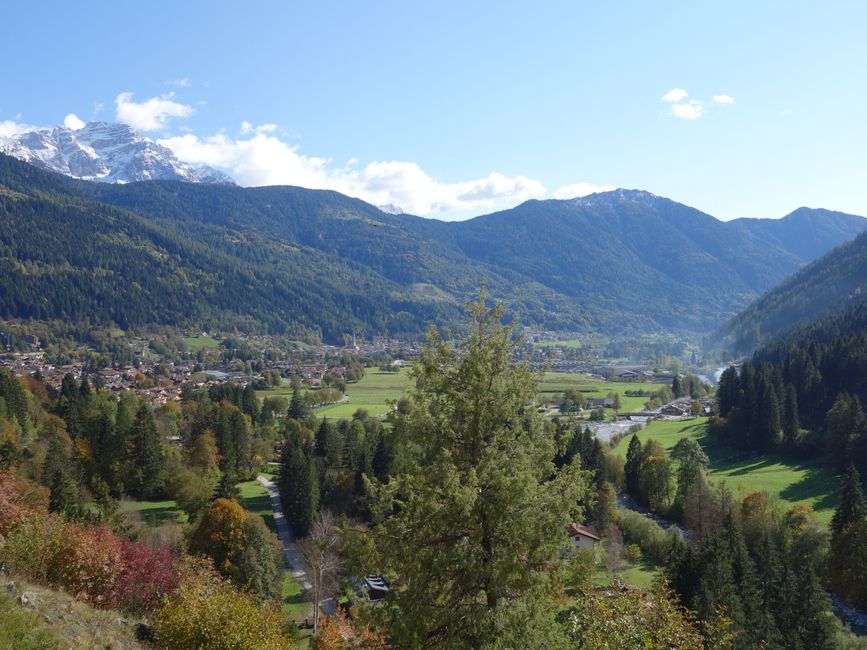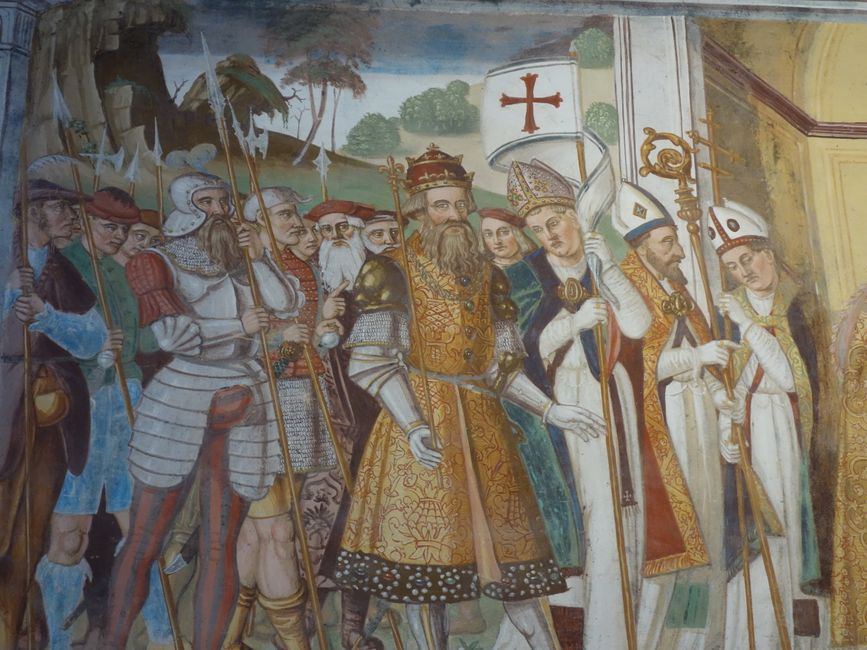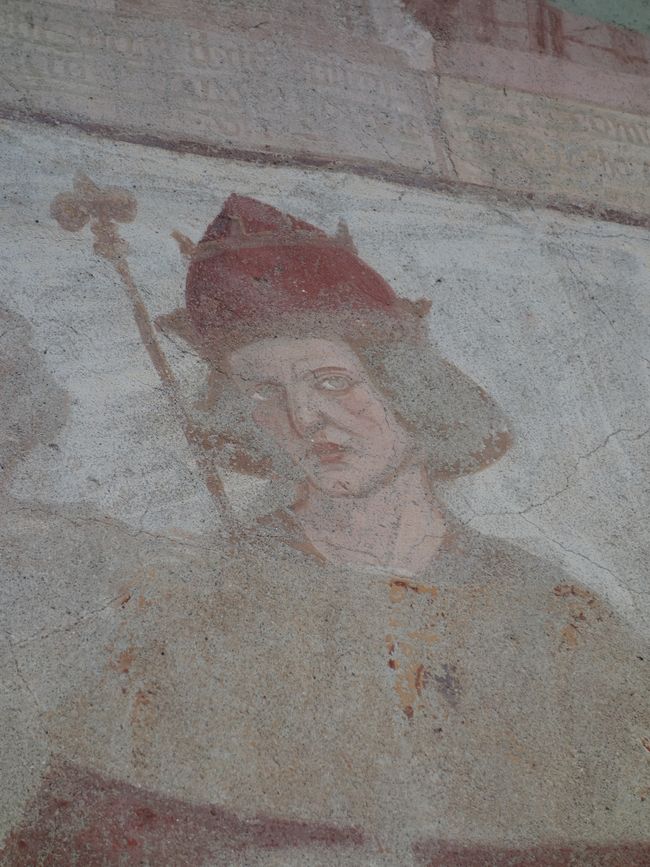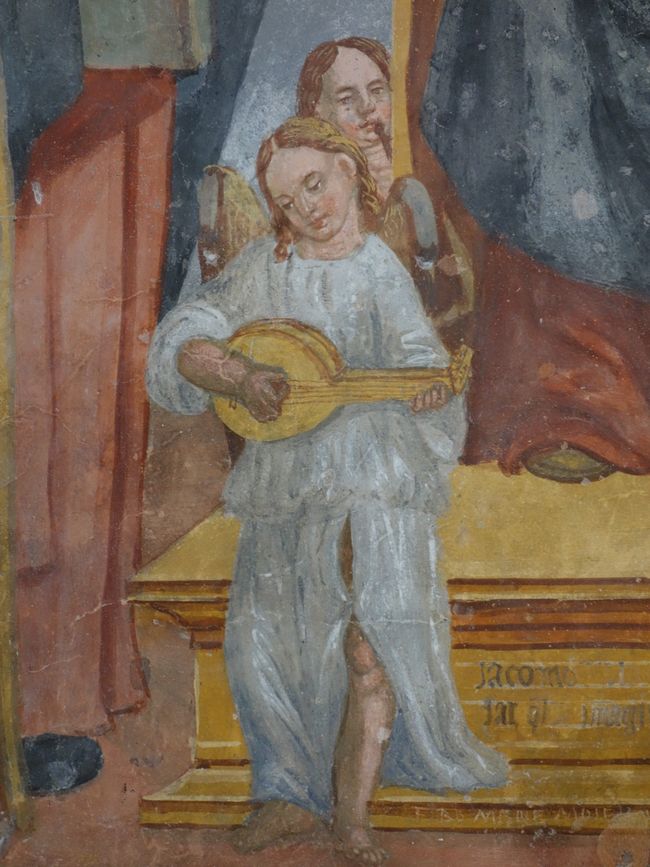Simone II is the greatest
प्रकाशित: 14.10.2020
समाचार पत्रिका के लिए सदस्यता लें
Yesterday I fell asleep before I could write a blog. That was due to an excellent five-course dinner and especially the generous wine pairing at the restaurant Alla Pineta in Tavon - maybe it should be mentioned that we paid incredible €45 per person, including mineral water, four wines (three of them very good), coffee and grappa - and then received two bottles of red wine as a gift. Why am I emphasizing this: Because in September we took a trip to the Mühltalhof at the far end of Upper Austria. Yes, the restaurant has stars, forks, and toques in large quantities, and the food was very good (although not better than yesterday). However, the room there was more like a broom closet - and we spent a proud €370 for a dinner (four-course for me, six-course for Roby) and an overnight stay - which leaves the best food stuck in my throat. In addition, the portions were minimal and the wine pairing was very stingy; the white wine was poured far too early, so by the time the food arrived, it was either already finished or too warm.
All in all, yesterday was a day of highlights, because we were in Pinzolo and visited the church there that gives my blog its cover image. Simone II Baschenis' Dance of Death is still an absolute hit even on the third viewing. The motif of the Dance of Death is actually native to the north of the Alps, but it fits well into the high and rugged mountains there. Three skeletons (one with a bagpipe) play for the dance and starkly illustrate that everyone is mortal, nicely arranged according to social status: Jesus Christ starts, who has no skeleton by his side because he does not die but rises again. He is followed by the Pope, Cardinal, Bishop, Priest, Monk, Emperor, King, Queen, Duke, Doctor, Warrior, Merchant, Beggar - and then the women: Nun, Noblewoman, and Old Woman. The child finishes, who is accompanied by a small skeleton but - unlike the others in the procession - is not struck by one of Death's arrows, who sits on a horse with his bow. The child is thus announced that it too will die someday but still has life ahead of it. Apart from the egalitarian message, the Dance of Death is a masterpiece, and Simone II has impressively shown what he was capable of on the inside as well.
On the nearby church in Carisolo, there are also weak remains of a Dance of Death by Simone II, painted 20 years earlier and already very good, but - as far as one can judge - not as sovereign as later in Pinzolo. However, inside the church of Carisolo, there is a corner that Simone II designed very exquisitely, among other things, he shows Charlemagne and how he came through the Trentino on one of his journeys very close to the church.
समाचार पत्रिका के लिए सदस्यता लें
उत्तर
